Hivos’ Executive Board has asked me to briefly reprise my role as regional director in Southern Africa as we are rethinking our work in the region.
I was regional director of Hivos Southern Africa from 2013 to 2020, and it wasn’t hard to agree to go back to a region so dear to me.
A beautiful region, with some of the friendliest and most resilient people you could ever hope to meet.
Read more: Zambia advances climate change legislation, urges businesses to enhance sustainability
Our office’s work on human rights and climate justice was not easy, but highly satisfying. Thanks to the tireless efforts of local and regional partners, we booked small, but important results.
Some in terms of more sustainable agricultural practices and improving the lives of smallholder farmers and small entrepreneurs. Others in the area of human rights, in particular women´s rights and LGBTIQ+ rights.
Coming back at this point in time won’t be an easy task either.
Climate change’s vicious circles
After an absence of four years, I immediately noticed the degree to which Southern Africa is affected by drought.
Though the region has always had dry and rainy seasons, climate change has clearly impacted the rain patterns.
The current lack of rains – in combination with floods when it does rain – is ruining harvests everywhere.
Climate change creates vicious circles that tragically become intertwined.
People who grow crops to feed themselves go hungry. Those who buy their food in markets or shops are hit by enormous price hikes.
And with the region being so dependent on hydroelectric power, extremely low water levels are causing electricity shortages and rolling power cuts.
So the region is falling into a downward spiral where energy is needed to produce food and income from agricultural produce is needed to buy energy.
Protests and excessive force
This desperate situation has sparked protests across the region.
Though the reasons and demands vary per country, the protests we’re seeing in Malawi, Botswana and Mozambique have common features.
People are angry about price hikes, unequal distribution of land and resources, poor service delivery, corruption, and election rigging.
In all these countries brave people are coming out on the streets because they want to live a decent life, feed themselves and their children, and vote freely for responsible leaders.
Unfortunately, the response of governments across the region has also been similar: random arrests, state-sponsored violence, and intimidation.
The global north’s cold shoulder
As I follow the news from my home country, the Netherlands, and from the rest of the global north, I’m shocked by the drastic cuts in development cooperation budgets and the dismissive attitude toward climate change that borders on denial.
Seen against the worrying backdrop in Southern Africa, and the failure of richer countries at COP 29 to pledge anywhere near the US$1.3 trillion annually needed by poorer nations to address climate change, these developments are frankly alarming.
Industrialized countries can keep denying or downplaying climate change, but here in Southern Africa, the impact on ordinary people’s livelihoods is clearly visible.
Like it or not, there is scientific proof that climate change is caused by the way we produce and consume, mainly in the global north.
It is also a fact that the impacts of the climate crisis are much greater on countries that have contributed the least to causing it and on people who have fewer resources to respond to it.
Hivos and many other civil society organizations believe the global north bears a double responsibility.
One, to make social and economic changes that help mitigate the effects of climate change.
And two, to compensate the damage done to countries in the global south by providing expertise, resources and funding so they can in turn make the changes they need to become resilient and for their people to prosper.
Global responsibility, solidarity and funding
Obviously, the governments and people in the global south are also responsible for improving living conditions and upholding human rights.
And this is where civil society has such a vital role to play in terms of solidarity and support. Local civil society organizations inform and mobilize citizens, work with them to develop solutions, and influence and inform their governments.
But the important work they do needs financial support from the global north channeled through organizations that ensure the funds of donor countries reach the most needy.
Women, men, farmers, human rights defenders and activists define the problems, identify solutions, and do the work.
Hivos and other similar organizations support them with technical advice, link them to similar local and international movements, and ensure funding is spent accountably and transparently, in line with the (justifiably) high monitoring and reporting requirements of donor countries.
We, our partners, and likeminded organizations can always improve how we work. We also look forward to the day when our work is no longer needed.
Unfortunately, that is not yet the case. Quite the contrary. And we need global solidarity and funding to fight climate change, poverty, inequality and injustice.
The author is regional director of Hivos Southern Africa
WARNING! All rights reserved. This material, and other digital content on this website, may not be reproduced, published, broadcast, rewritten or redistributed in whole or in part without prior express permission from ZAMBIA MONITOR.

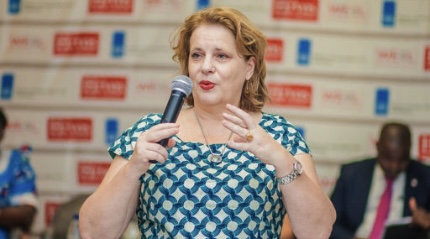
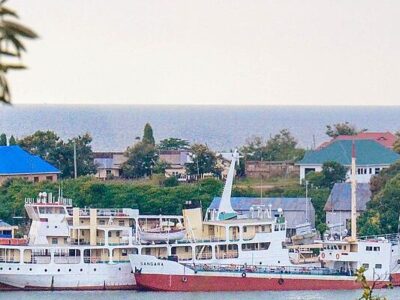
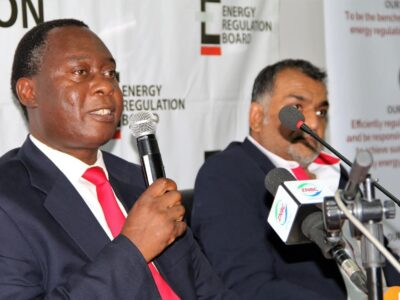
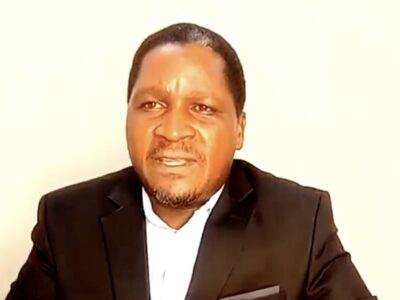
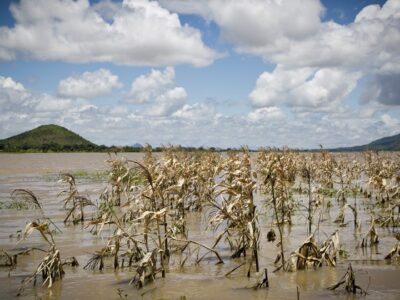

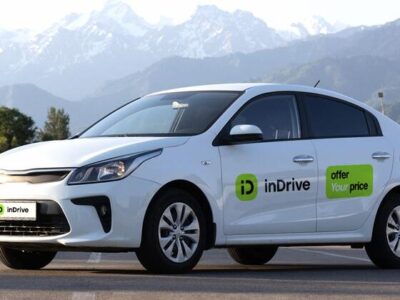




Comments